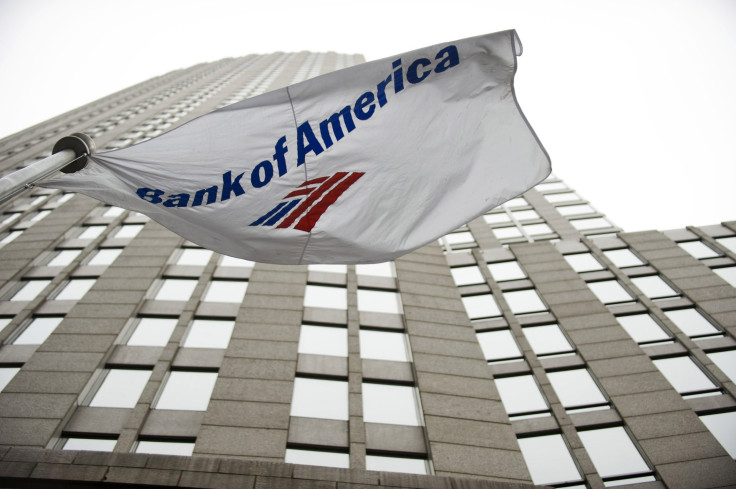Bank Of America Corp. (BAC) Faces SEC Probe Over Customer-Protection Regulations: WSJ

Bank of America has come under scrutiny for complex lending maneuvers that may have violated consumer protection rules, the Wall Street Journal reported Tuesday. The reported investigation adds to the bank’s list of regulatory woes, which include faults in the Federal Reserve’s stress tests and inquiries into an exotic overseas product used to minimize some clients’ tax burdens.
The strategy allowed Bank of America to profit from billions of dollars that otherwise have been kept in savings as a backstop against loan losses, the Journal reported. The technique reportedly was devised by a unit of investment bank Merrill Lynch, which Bank of America acquired in 2009. The bank said the practice was discontinued in 2012 because of regulatory concerns.
Federal law requires banks to tabulate the difference between outstanding loans and deposits held on a weekly basis, a rule meant to ensure banks can cover losses in the event of a crisis. These requirements came to the fore after the 2008 financial crisis saw failing firms unable to make good on promises to depositors.
Lenders are required to set aside a pot of cash in proportion to the size of outstanding liabilities to clients. The more banks owe, the more they have to stash away. But keeping cash on the sidelines is costly for banks that would otherwise use it for more profitable ends.
Merrill Lynch found a way around that problem: “leveraged conversion.”
The firm reportedly created a system whereby trusted larger customers took on big loans, then entered into contracts with the bank with the loaned money. For example, if Bank of America wanted to hedge a bet on a large stock position, it would loan a client the funds to take the opposite side of the trade. The client would post only a nominal amount to ensure good faith.
The strategy was a win-win. Bank of America could cut down on the costs of stowing free cash, since the big loans allowed the bank to write down its outstanding liabilities. And wealthy clients got to share in those savings at minimal risk.
But regulators at the Securities and Exchange Commission reportedly saw the practice as skirting the line of rules meant to stem systemic risks. The Journal said a special unit within SEC has been investigating the discontinued practice.
Bank of America has attempted in recent years to slim down and exit some of Merrill Lynch's riskier activities. The bank's crisis-era acquisitions, including the troubled Countrywide Financial, have resulted in billions of dollars of penalties and seemingly endless regulatory hang-ups.
© Copyright IBTimes 2024. All rights reserved.












